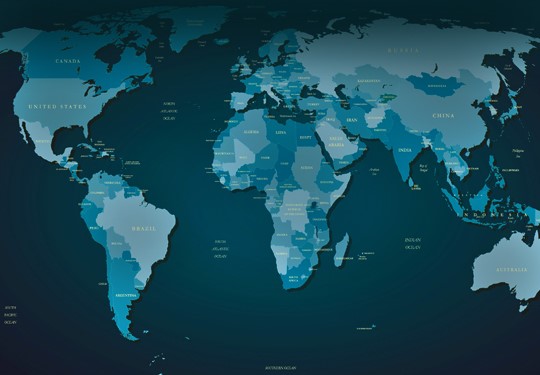A small, specialized consulting firm provides consulting services primarily to the U.S. military and to the defense contractor industry. Their consulting staff consists of retired senior military or civilian professionals, each with over 25 years of experience, covering a broad cross-section of acquisition, technical, and management disciplines. Most of their consultants have held senior-level government positions, such as Program Executive Officer, Program Director, Product and Logistics Center Commander, Chief Engineer, Chief of Contracting, and Chief of Financial Management. The consulting firm specializes in providing hands-on support to both government and industry customers using these highly experienced personnel.
The firm’s consulting staff consists of a mix of full-time and part-time employees and independent contractors. The company has a very flat organizational structure, and collegiality and collaboration are the company’s fundamental operating principles. Because the consulting firm has low employee turnover, consultants know the right person to contact when seeking information. In some cases, it might mean speaking to a second colleague, but in all cases they are able to quickly get the desired data or information.
Over time, as more and more information was stored in electronic files on desktops and laptops, it became harder for the company’s consulting staff to quickly find and share knowledge. In fact, many of the senior people had forgotten the extent of the information stored on their computers and how to find it. To make matters worse, each consultant owned their own desktop/laptop, and there was no standardization in the software applications that they used. The company did not have an enterprise-wide knowledge management program, common content management, enterprise search, or collaboration software.
The company turned to Iknow for help.
Iknow approached the problem in three steps:
- Current-State Assessment. Iknow comprehensively analyzed the firm’s environment from the perspectives of people, process, technology, and culture, and developed a current-state snapshot, or baseline, to characterize its operations. The team studied several core processes, including project delivery and business development. Iknow conducted interviews with the firm’s employees and reviewed the available tools, checklists, and other resources used by the consultants and support staff.
- Recommendations. Iknow distilled the research and interviews and developed specific and actionable improvement recommendations. We also created a knowledge management strategic roadmap and implementation plan, complete with milestones and resource requirements.
- Board of Directors Presentation and Approval. Iknow presented the findings from the baseline assessment and the improvement recommendations to the firm’s board of directors and other senior staff to gain approval for implementation.
One of Iknow’s recommendations was that the firm needed to invest the time and resources necessary for capturing, storing, organizing, and sharing the company’s existing knowledge and intellectual capital. Another important recommendation was to implement an enterprise search strategy. In the short term, Iknow’s search strategy included:
- Purchase and implement an enterprise search software tool. The search software would index the firm’s existing content and make it available across the organization. Restrictions and access safeguards would be implemented to protect sensitive and proprietary data.
- Begin a knowledge-capture effort. The purpose of this activity would be to identify and capture the firm’s highest-value knowledge assets. This activity would allow the firm’s consultants to submit knowledge at any time and from any location to designated knowledge managers.
The consulting firm now had a set of knowledge management-related improvement recommendations and a business case that would yield both quantitative and qualitative benefits. The quantitative benefits included improvements in business and operational measures such as shorter response times, more effective business processes, greater insight into business financials and planning projections, lower overheads and other operating costs, and higher proposal win rates. The qualitative benefits included greater consultant self-sufficiency, higher quality outputs and deliverables, and increased consultant learning.
The company also had a detailed roadmap for immediately implementing the enterprise search and desktop search products.


